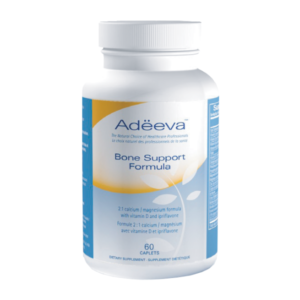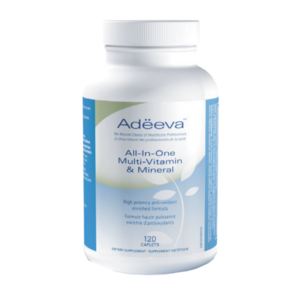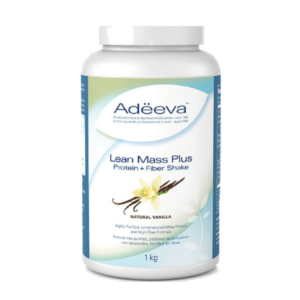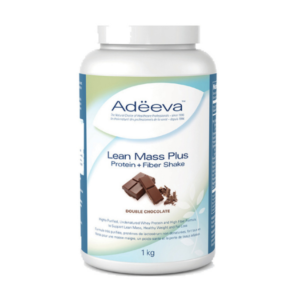
Stronger Bones and Better Health: The Power of Protein, Coffee, and Tea
Source: J Clinical Nutrition (2022)
Lifestyle Medicine Update (November 15, 2022)
Introduction:
A recent study, published in the Journal of Nutrition in December 2022, has uncovered an essential formula for healthier bones, especially for women as they age. This comprehensive research, known as The UK Women’s Cohort Study, which followed over 26,000 women aged 35 to 69 for a significant 22.3 years, provides valuable insights into bolstering bone health and reducing the risk of hip fractures.
Protein: The Bone’s Best Friend
The study’s findings are clear: women should consider increasing their daily protein intake by an extra 25 grams to fortify their bones and lower the risk of hip fractures. Throughout the 22-year study period, women who added this additional protein to their daily diet exhibited a remarkable 14% reduction in the risk of hip fractures.
It’s a well-known fact that many women, especially as they grow older, fall short of the recommended daily protein intake. The current Recommended Dietary Allowance (RDA) for protein is set at 0.8 grams per kilogram of body weight. However, numerous experts believe that this level is somewhat conservative. Many advocate for a protein intake of at least one gram for every kilogram of body weight, ensuring optimal bone density, muscle tissue preservation, robust immune system function (since antibodies are made of protein), and more. Unfortunately, most women do not meet these protein intake recommendations.
But there’s good news – it’s easier than you might think to incorporate this extra 25 grams of protein into your daily routine. One delicious option is a whey protein shake, which can be enjoyed four to five times a week. Whey protein boasts a high biological value, making it highly effective for supporting muscle and bone protein synthesis, as well as immune function.
In addition, there are several protein-rich, low-fat, and low-cholesterol foods you can turn to. A single serving of chicken or turkey breast contains approximately 25 grams of protein. Alternatively, you could opt for three to four egg whites or indulge in 10 to 12 ounces of non-fat Greek yogurt. A 3.5-ounce salmon steak also delivers the same protein punch, with the added bonus of healthy omega-3 fats. If you’re following a plant-based diet or simply looking to incorporate more plant-based options, 100 grams of tofu provides 17 grams of protein. Tofu is an excellent choice for vegans and those striving for a more plant-based lifestyle.
The Coffee and Tea Connection: Building Stronger Bones with Polyphenols
Intriguingly, the study also unveiled another surprising element of the bone-strengthening equation: the role of coffee and tea. These beloved beverages contain polyphenols, natural compounds that have been shown to support bone density in a manner reminiscent of the hormone estrogen. Consuming one more cup of coffee or tea daily can result in a 4% lower risk of hip fracture.
Osteoporosis: A Growing Concern
It’s crucial to grasp the severity of the issue at hand. In Canada, one in three women will experience an osteoporotic fracture in their lifetime. In the United States, the prevalence of osteoporosis among women has been on the rise, increasing from 14.0% in 2007-2008 to 19.6% in 2017-2018. Shockingly, one in two American women will suffer a bone fracture in their lifetime due to osteoporosis.
As the population continues to age, the situation is not improving. This means that adding an extra 25 grams of healthy protein to your diet and consuming 3 to 5 cups of green tea and/or coffee each day represents two straightforward yet vital strategies to combat this growing health problem, particularly affecting women.
Additional Key Strategies for Stronger Bones
In addition to protein and polyphenol-rich beverages, there are other key strategies to reduce the risk of osteoporosis. Regular resistance training and weight-bearing exercises can significantly enhance bone health. Ensuring you receive an adequate intake of calcium (1,000-1,200 mg per day) and magnesium (300-450 mg per day) is critical. It’s also essential to maintain a vitamin D blood level between 75-150 nmol/L (30-60 ng/ml).
Caffeine in coffee and tea can, to some extent, lead to calcium loss through urine. Therefore, it’s advisable to consume a minimum of 1,000 mg of calcium daily, either from food or supplements, especially if you regularly enjoy coffee and/or tea. The polyphenols found in these beverages were associated with a decreased risk of osteoporosis in the UK Women’s Cohort Study. Nevertheless, be mindful of the calcium-depleting effects of caffeine (source).
References:
James Webster, Darren C. Greenwood, Janet E. Cade. Foods, nutrients and hip fracture risk: A prospective study of middle-aged women. Clinical Nutrition, 2022; 41 (12): 2825 (source).
Eat Smart, Live Well, Look Great,
Dr. Meschino
Recommended Supplements

Dr. James Meschino
ABOUT THE AUTHOR
Dr. James Meschino, DC, MS, ROHP, is an educator, author, and researcher having lectured to thousands of healthcare professionals across North America. He holds a Master’s Degree in Science with specialties in human nutrition and biology and is recognized as an expert in the field of nutrition, anti-aging, fitness, and wellness as well as the author of numerous books.






